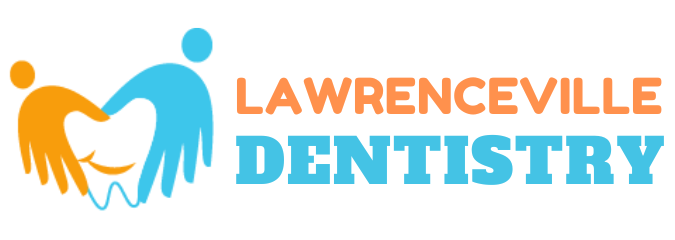
Dental Sealants: A Simple Solution for Preventing Cavities
Who Should Choose Dental Sealants?
Ready to book your Dental Coatings appointment at Lawrenceville Dentistry?
Safety of Dental Coatings
Dental coatings are a safe and efficient way to safeguard children’s teeth from decay. They are suitable for both front and back teeth, except for children with untreated dental decay or frequent vomiting. Dentists generally recommend applying sealants only to teeth with pits and cracks.
Longevity of Dental Sealants
Dental sealants provide long-lasting protection against decay in the back molars. Applying a fast-hardening resin-based substance to the chewing surfaces shields vulnerable parts of the teeth from potential decay.
Benefits of Dental Sealants for Adults
Dental sealants are a simple and convenient method for adults to maintain healthy teeth. With easy application and minimal maintenance required, sealants provide effective decay prevention. Moreover, the process of applying dental sealants is painless.
Dental Sealants as a Preventive Measure
Dentists carefully apply thin plastic coatings, known as dental sealants, to the chewing surfaces of molars. These sealants act as a barrier, making it more challenging for food particles to become trapped in the grooves and cause tooth decay. Proper use of dental sealants can significantly reduce the risk of tooth decay.
Dental Sealants in Modern Dentistry
In the modern era of dentistry, various advanced techniques offer improved treatment options. Dental sealants are a common and integral part of many treatment plans, providing effective prevention against caries and tooth decay.

Understanding the Concept of Tooth Sealing
Tooth sealing is an essential preventive measure recommended for both children and adults. It effectively prevents caries in teeth with complex pits and fissures on the occlusal surface.
Reasons for Tooth Sealing
Tooth sealing is beneficial for protecting newly erupted teeth in infants from caries. It also helps halt the progression of decay in high-risk teeth, especially molars in adults.
Suitable Candidates for Dental Coatings
Teeth with deep pits and fissures are at a high risk of developing caries and should undergo sealing. Dentists recommend this procedure for infants with newly erupted teeth, children aged 6 to 14 years without existing cavities, and adults with caries-free teeth that are susceptible to decay.
The Tooth Sealing Procedure
The tooth sealing process typically takes around ten minutes per tooth and involves four steps for successful sealing:
- Tooth Preparation: The dentist removes plaque, debris, and calculus from the tooth surface to ensure better sealant adaptation.
- Isolation and Drying: The tooth is isolated with a rubber dam to prevent contamination from saliva or blood, followed by thorough drying to remove any remaining water particles.
- Etching: The application of an etchant creates micro porosities on the tooth surface, enhancing the bond with the sealant.
- Sealant Application: The dentist applies the sealant material using a brush and bonds it to the tooth by exposing it to a self-curing light for 30 seconds.
Facts About Tooth Sealing
Tooth sealing is a painless procedure that does not require anesthesia, providing relief for anxious patients. The duration of the process depends on the tooth’s condition and typically takes only a few minutes. Additionally, some dental insurance plans cover or partially cover the cost of tooth sealing.
Pros and Cons of Tooth Sealing
Pros:
- Painless procedure without invasive methods like drilling
- High durability, lasting up to 10 years
- Beneficial for both patients and dentists
Cons:
- Possibility of chipping or contamination if not applied properly
- Wear-off of sealants over time is a common issue
Prioritize Prevention and Protect Your Teeth
Prevention is always better than cure. Take charge of your oral health by prioritizing proper hygiene, being mindful of caries, and proactively preventing them through tooth sealing. Don’t wait, take action today!
For more information about tooth sealing, Contact your Lawrenceville Dentistry.

